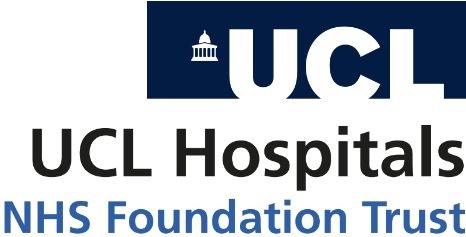Results show Pfizer/BioNTech and Oxford/AstraZeneca jabs are proving highly effective

The findings, based on a study of 8,517 people in England and Wales, are the latest evidence to show that the two mainstays of Britain’s vaccine drive are proving highly effective.
The research found that 96.42% of people who had either vaccine had developed antibodies 28 to 34 days after their first dose. That rose to 99.08% within seven to 14 days of the second jab.
The UCL Virus Watch data shows that for older adults and for people with underlying health conditions, the antibody response is a bit weaker after the first dose of the vaccine, but strong after the second dose.
This work was reported on by multiple print and online media see links below. You can read details of this analysis here: https://www.medrxiv.org/content/10.1101/2021.05.12.21257102v2



